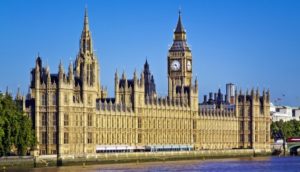
Justine Greening, our still relatively new Secretary of State for Education, is a competent and approachable politician with a track record of working in a collegiate and constructive manner. She will need to be in her task not only of challenging but, crucially, of reinvigorating teachers – in particular, traditionally moderate school leaders- who feel battered by the increased politicisation of their once noble profession and concerned about their ability to guarantee excellence for students in the face of real cuts to education spending on the one hand and, on the other, a perception of policy novelty on the hoof. But on one of the staples of the educational narrative – Grammar school expansion – Ms Greening has already expressed an open mindedness which will delight some and worry others.
Grammar schools can be powerful promoters of ‘hard working’ but less well off families whose children work hard and receive the leg up that saw the grammar school ‘cadre’ increasingly taking their place in public life from the 50s to the 70s. However the Grammar school as local ‘winner takes all’ produces negative externalities. We need to accept the fact of the creation over night of many thousands of children who regard themselves as failures.
Wherever one locates oneself in this debate the bigger issue appears to be the fall-out in terms of a lack of strategy around schools which has gone hand in hand with the new frontier (Wild West?) of choice and diversity. Clearly the dismantling of Local Authority involvement is a significant issue, predicated on an apparent need to ‘free up’ schools and ‘remove red tape’ and dispel ‘low ambitions for children’. However dubious the empirical veracity of these various bogeymen, the return to a totally state managed school system is unlikely and by no means obviously desirable. However , the marketisation of free at the point of need education, whether through sponsor academies or grammar school expansion, can create injustices in children’s opportunities and outcomes in a ‘market’ that ‘clears’, as the economist would say, about as well as the rail industry – in other words not well at all.



